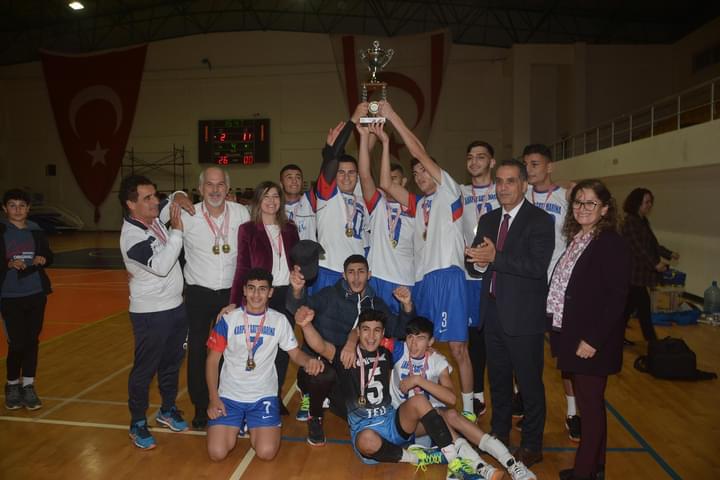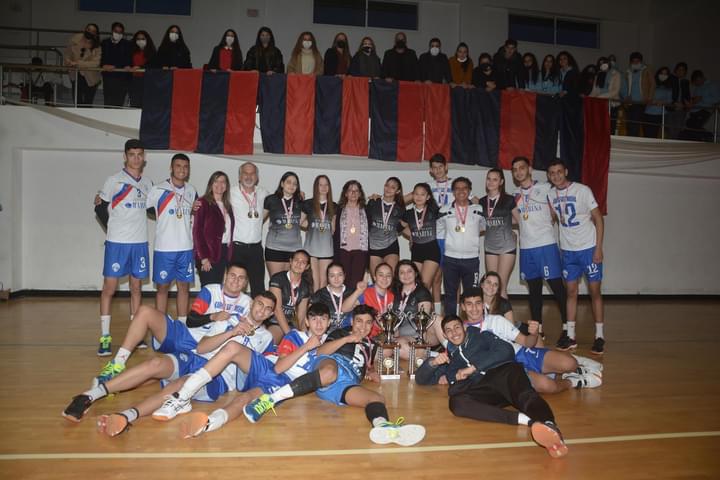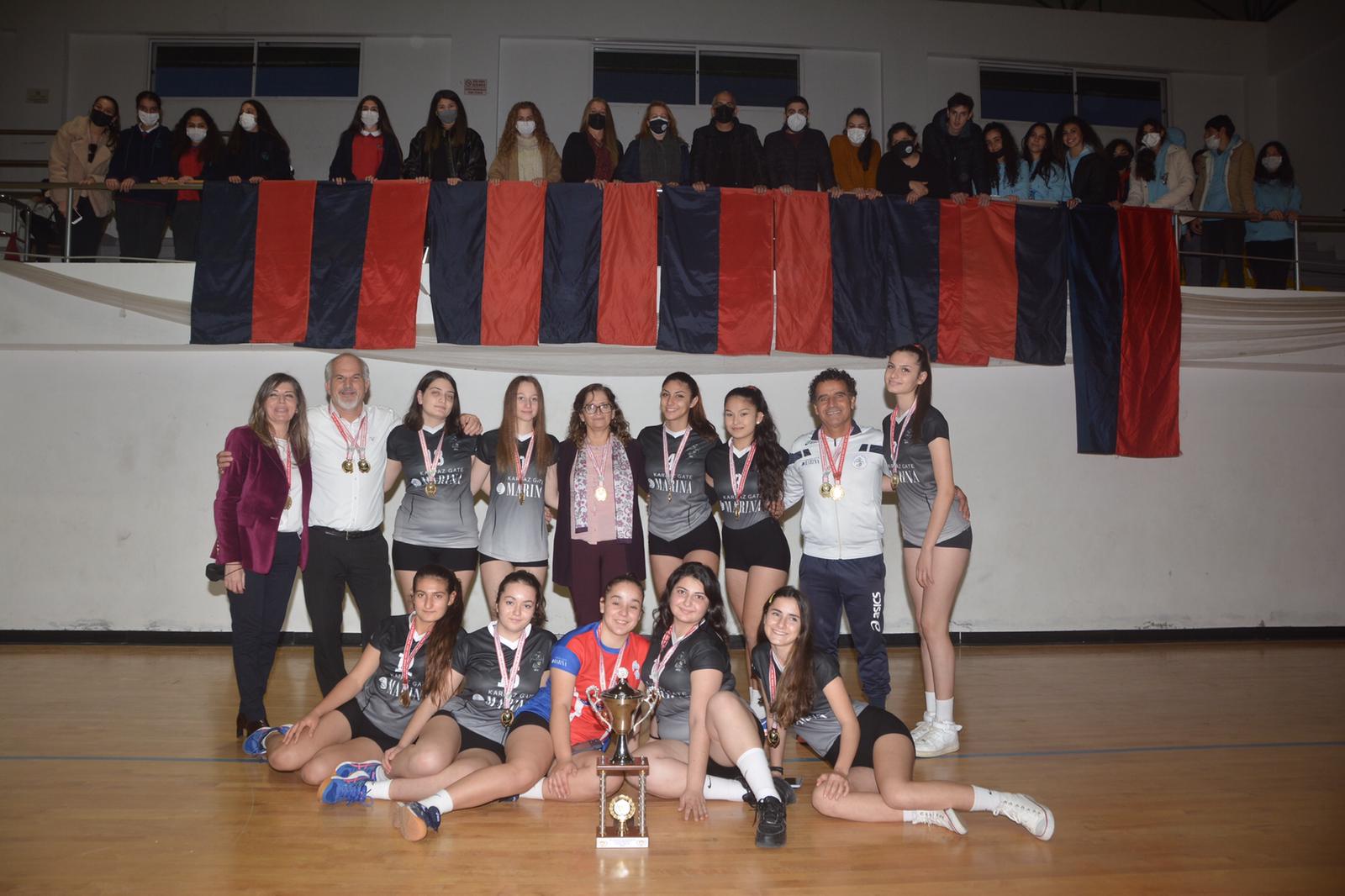SPONSORSHIP
KIBRIS HAYAT PROJECT
*Google Street View application, which is a feature of Google Maps, consists of millions of panoramic images.
Street view provides a virtual exploration of the areas we live in, the roads and our environment. Street view consists of two sources. From Google And Contributors. That’s why Street View can display us interactive panoramas of composited VR photos.
Thanks to this collaboration, we offer our users the opportunity to discover all K-Pet Stations in the Turkish Republic of Northern Cyprus virtually.
– We mark all K-Pet stations (Identify their locations.)
– Discover the K-Pet stations (Scanning the areas around the stations with our special vehicle and special camera.)
– And make K-Pet stations visible (Bringing all the ‘Stations’ that you might not see and find to your fingertips.)
Our Purpose in the Project
* We are a large company trying to showcase the beauties of our lovely island. We are one of the leading companies on the island working on the ‘Kıbrıs Hayat’ project. Our aim;
We want to highlight and introduce the beauties of our island, by uploading its mountains, hills, magnificent beaches and historical beauties to Google map. With this gigantic project, we leave behind a treasure to the people of Cyprus. We are confident that this project will help our Island shine in the Mediterranean region.
Erenkoy High School Travel sponsorship
As Cyprus Turkish Petroleum, we have a travel sponsorship agreement with Erenköy High School, a school that started its journey of education in the 1968-69 academic year for the first time.
Project development:
* Erenköy High School won the double championship by defeating its rivals in both girls and boys in the Inter-High School Volleyball Championship (Girls Junior – Boys Junior). Erenköy High School, which left its mark on the tournament, represented our country in the semi-finals of the Turkish high school volleyball championship to be held in Mersin on February 8-14 with the girls and boys high school teams who were the youth high schools volleyball champions of the Ministry of National Education of the TRNC in 2021-22. Scenes from the victory of our teams, of which K-Pet is proud to be the travel sponsor:



Cyprus Turkish Petroleum METU NCC Engineering undergraduate program graduation project sponsorship
Cyprus Turkish Petroleum sponsored students for the following project. Such projects are completed within one year by 4th grade students on an inter-disciplinary basis. The purpose of the projects is to support the students to apply what they have learned throughout their education life on existing engineering problems. Cyprus Turkish Petroleum provides the prototype of the project as the sponsor to meet the hardware needs of this project.
THE PROJECT SUMMARY
According to a study, it is estimated that 275 million tons of plastic waste is produced in 192 coastal countries, including Turkey. It is assumed that 12.7 million tons of this generated waste is discharged into the ocean. These figures show the amount of plastic waste in the oceans and the pollution it causes. In addition, with the increasing interest in laying various pipelines in the Eastern Mediterranean in recent years, possible leaks constitute another factor that may require close monitoring and cleaning if necessary. Although significant efforts have been made to reduce and recycle waste, there is still a serious need for ocean cleanup efforts. There are different approaches to cleaning the ocean. Automatic litter boxes are proposed and used to clean the sea on British coasts. An alternative example would be the huge floating device created to clean up a garbage island three times the size of France in the Pacific Ocean. In addition, robots designed to clean the sea are also used. For example, FRED is “a solar-powered, semi-autonomous marine robot that can collect plastic pollution from the sea without the need for fossil fuels or human crews.” There are also autonomous underwater vehicles (AUVs) that have been successfully used to clean up marine plastics. It is observed that the solution approaches in the literature have their own advantages and disadvantages. Unfortunately, cost is still a major issue. There is a serious need for cost-effective solutions to clean up the sea coasts of countries where the economic situation may not allow for significant investments, such as the northern part of Cyprus.
Our focus in this project is to develop a cost-effective semi-autonomous system that can be controlled remotely to clean a particular coastlines of Northern Cyprus. A prototype will be developed targeting a small scale marine robot with effective communication, control mechanisms, energy harvesting and all relevant user-friendly interfaces.
This project will include the following steps:
1. Researching available maritime coastline technologies and conducting a systematic review of the literature;
2. Research and selection of a particular coastline that can be used to test the system;
3. Identification of the engineering constraints of the project, including cost. Some of the other important restrictions are the maximum distance from the shore, the daily volume of sea or amount of sea surface area covered, weather patterns and seasonal restrictions, the maximum tolerated wave height, etc. Restrictions can be associated with these factors.
4. Design and development of the necessary architecture for the autonomous control system, including basic communication, self-charging scheme and energy-efficient operation with maximum use of sustainable energy sources;
5. Designing a prototype to address the defined constraints;
6. Development of the prototype;
7. Testing the prototype in a realistic environment.
Milestones:
1. Understanding semi-autonomous systems and technologies in ocean/sea cleaning;
2. To identify and review existing studies on ocean/sea cleaning;
3. To design a system used semi-autonomously for sea coastline cleaning;
4. Developing the necessary infrastructure and architecture for remote communication and designing interfaces;
5. Developing a prototype of the design;
6. Testing the prototype as well as the architecture;
7. Testing the entire system in a realistic environment.
Technical Requirements: This project requires knowledge and skills in web technologies, statistics, algorithms, embedded systems, wireless communication and AI/machine learning, control, power electronics, fluid mechanics/dynamics.
